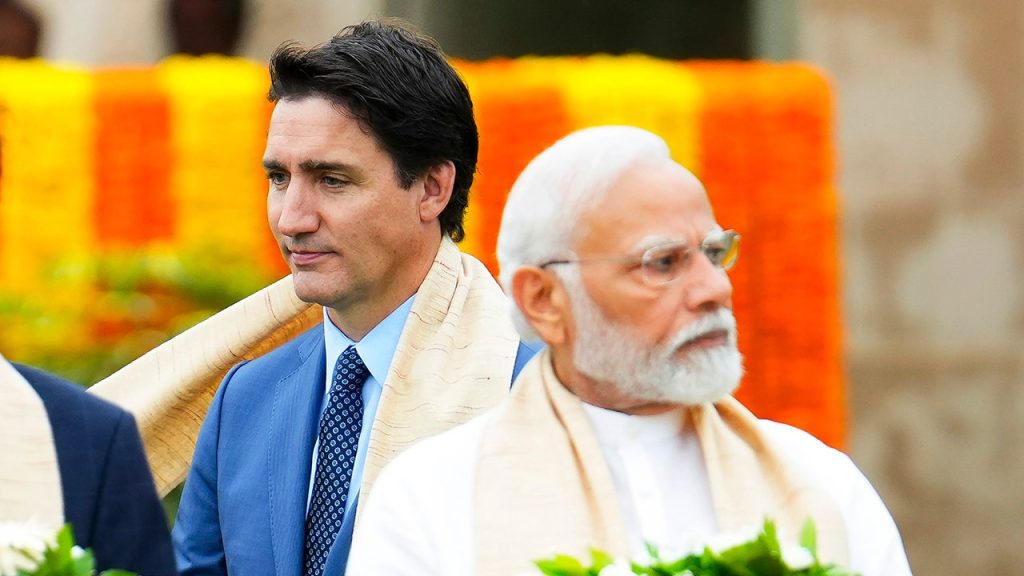India and Canada have recently expelled each other’s top diplomats over the killing of a Sikh activist in Canada and allegations of other crimes. This has strained relations between the two countries for over a year. Experts believe that this diplomatic standoff will make it difficult for both countries to move forward with their once-promising partnership and could potentially impact India’s ambitions as it tries to project itself as a rising world power. The bilateral relations between India and Canada have been on a downslide since last year and will take a long time to repair.
The tit-for-tat expulsions came after Canada accused India’s top diplomat in the country of being a person of interest in the 2023 assassination of Sikh activist Hardeep Singh Nijjar. Canada also alleged that Indian agents have been targeting Canadian citizens. Despite Canada presenting evidence linking Indian officials to Nijjar’s assassination, India rejected the accusations as absurd and retaliated by expelling Canada’s acting high commissioner and five other diplomats. The tensions between the two countries stem from India’s anxieties about Sikh separatist groups, which have long strained its relationship with Canada.
Nijjar was a local leader of the banned Khalistan movement in India and was designated as a terrorist by the Indian government. He was shot and killed in British Columbia, with Canadian police attributing his death to agents linked to the Indian government. India has accused Canada of supporting Sikh separatists and failing to take action against them. The Indian government believes that Canada’s accusations are politically motivated, particularly due to the upcoming national elections in Canada next year.
The relationship between India and Canada is currently on “life support,” with India’s concerns about the Khalistan movement in Canada holding the partnership hostage. Canada has accused Indian officials of plotting assassinations on foreign soil, with allegations of a failed plot in New York involving a senior Indian government official. While the U.S. has been cooperating with India in investigating these claims, Canada has faced challenges in getting India to cooperate in their own investigation. The diplomatic posturing between the two countries has been aggressive due to the relatively low stakes involved.
India’s strong reaction towards Canada is seen as a way to deliver a message to Prime Minister Modi’s supporters at home. Any public criticism is not tolerated by the Indian government, which is attributed to Modi’s leadership. The standoff between India and Canada could potentially impact Modi’s global ambitions and the strategic understanding between India and Western democracies, including the U.S. This rift could hinder India’s attempts to position itself as a rising global power, especially in the context of growing concerns over China’s assertiveness. The strained relations between India and Canada may disrupt India’s diplomatic strategy and relations with Western democracies.


